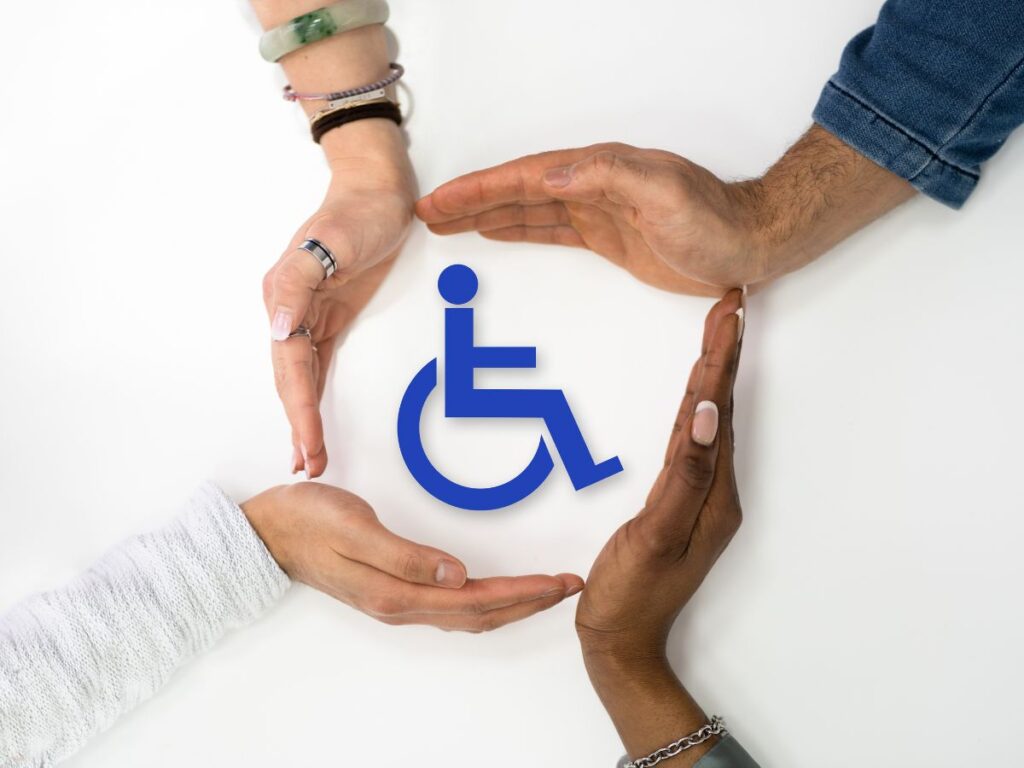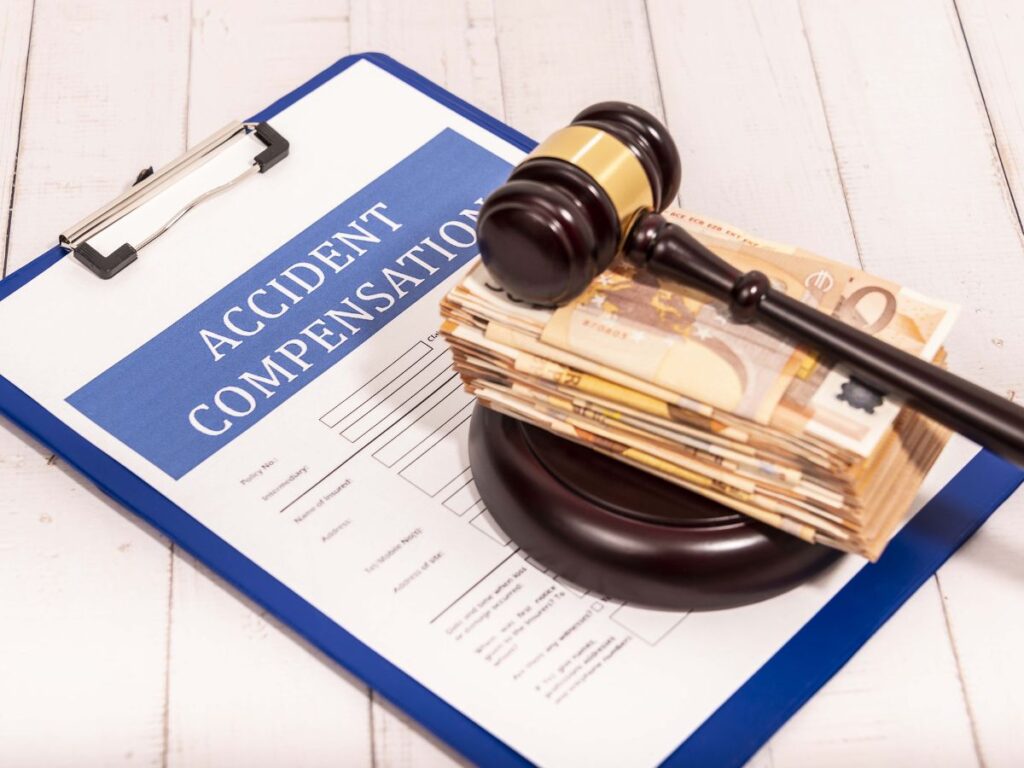What Is Long-Term Disability After a Personal Injury?
Long-term disability refers to any condition resulting from an accident or injury that prevents a person from resuming normal work or daily activities for an extended period—or permanently. When these injuries lead to significant and lasting impairment, it’s crucial to understand how to manage life, health, and legal options going forward.
Causes of Permanent Disability from Accidents
Some of the most common causes of permanent disability include traumatic brain injuries, spinal cord damage, severe orthopedic injuries, and complex soft tissue damage. These chronic injury effects can drastically alter mobility, independence, and quality of life.
- Motor vehicle accidents
- Falls and fractures
- Workplace incidents
- Repetitive motion injuries
- Medical negligence
Recognizing the Signs of a Chronic Injury
It’s not always clear immediately after an accident whether a condition will become chronic. Watch for ongoing pain, limited mobility, neurological symptoms, or an inability to return to work as key indicators. Early intervention can help reduce the severity or delay permanent effects.
The Importance of Disability Evaluations
A certified medical evaluation is often required to determine the level of long-term impairment. Dr. Elham provides detailed disability evaluations that outline diagnosis, prognosis, limitations, and ongoing care needs. These evaluations are essential for legal claims and insurance purposes.
Planning for Daily Life with Long-Term Disability
Living with a permanent disability demands careful planning across all aspects of life. This includes housing adjustments, assistive devices, physical therapy, mental health support, and sometimes caregiver assistance. Patients and families must take an organized approach to ensure ongoing care after injury.
- Accessible home modifications
- Scheduled physical rehabilitation
- Transportation solutions
- Caregiver arrangements
- Social support networks
Legal Options for Disability Compensation
If the disability was caused by another party’s negligence, patients may be entitled to long-term compensation. Dr. Elham works closely with legal teams to provide thorough documentation supporting personal injury cases involving permanent disability from accidents. This includes diagnosis, treatment plans, and official disability status.
Understanding Disability Certification and Benefits
Official disability certification is required to access many long-term benefits, including SSDI, insurance payouts, and employment protections. Dr. Elham assists patients in compiling the necessary documentation for approval of these claims.
Emotional and Psychological Impact of Chronic Injury
Beyond physical limitations, long-term disability often brings emotional challenges such as depression, anxiety, and social withdrawal. Integrative care that includes counseling and community support is essential for long-term adaptation.
Patient Education and Empowerment
Dr. Elham’s approach emphasizes educating patients about their condition, rights, and care options. She helps individuals navigate life with confidence, connecting them with tools and resources that empower them to take control of their health journey.
Ongoing Care After Injury
Continued follow-up is essential to monitor and manage long-term complications. Whether it’s pain management, mobility training, or secondary condition prevention, Dr. Elham ensures that care evolves with the patient’s changing needs.
Conclusion: Taking the Next Steps
If you or a loved one are facing life after a disabling injury, start with a proper medical evaluation. Learn how our clinic can guide your long-term disability care and access expert support from Dr. Elham today.










